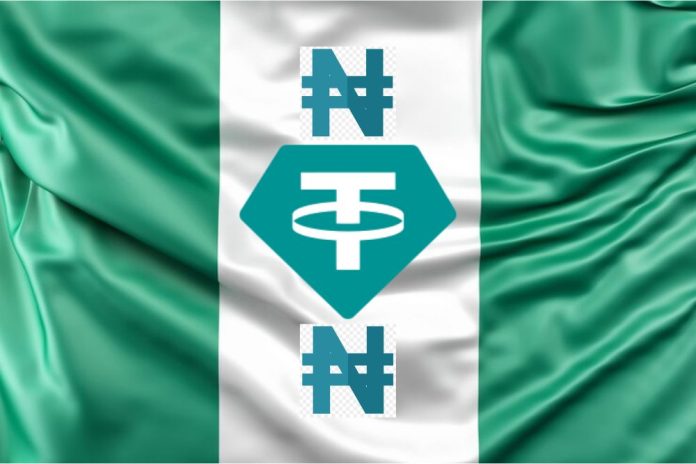The Securities and Exchange Commission (SEC) of Nigeria, under the leadership of Acting Director-General Dr. Emomotimi Agama, has proposed a stricter regulatory approach for the country’s cryptocurrency sector. This stance prioritizes curbing potential market manipulation and protecting the integrity of the Nigerian capital market.
Delisting Naira from P2P Platforms: A Potential Solution
Agama emphasizes the recent surge in peer-to-peer (P2P) crypto trading and its reported impact on the Naira’s exchange rate. To address concerns about market manipulation in the P2P space, the SEC is considering delisting the Naira as a trading currency on these platforms.
Read Also: Binance To End All Naira (NGN)-Related Services. What Nigerian Users Must Do
The Commission released a statement outlining this proposal, with Dr. Agama saying: “One of the things that needs to be done is delisting the naira from the P2P space in order to avoid the level of manipulation that is currently happening.”
He continued by “enjoining participants in the crypto space to be patriotic enough to name and shame those that are involved in disrupting the markets negatively.” The SEC believes this measure will help to mitigate illegal activities and stabilize the Naira.
Balancing Innovation and National Interest
Dr. Agama acknowledges the potential of blockchain technology and cryptocurrencies. He highlights the SEC’s commitment to fostering a regulatory environment that encourages innovation while safeguarding national economic interests.
This was highlighted in a statement from the Commission, which quoted Dr. Agama saying: “We want to assure that this management will ensure that people or institutions that require registration with the SEC are quickly licensed.
We assure you that we will give guidance when necessary and do well to streamline the processes to make it less difficult.” The SEC is currently developing comprehensive guidelines for the digital asset sector, encompassing areas like crypto wallets, custody services, and fund management.
Collaboration for a Thriving Digital Asset Market
The SEC is actively seeking cooperation from industry stakeholders, including cryptocurrency exchanges and wallet providers. The aim is to create a well-regulated digital asset marketplace that contributes positively to Nigeria’s economic growth.
Dr. Agama encouraged open communication and urged industry participants to identify and report any harmful practices within the market. He stated: “I want to seek your cooperation in dealing with this as we roll out in the coming days the regulations that would take control of these areas.
Together, I am confident that we can weed out bad actors and harness the immense potential of this progressive technology for the benefit of all Nigerians in tandem with this government’s renewed hope agenda.”
This stricter regulatory stance follows a series of events that have impacted the Nigerian crypto landscape. The classification of cryptocurrency trading as a national security concern by the National Security Adviser (NSA) in February 2024 marked a significant shift.
Subsequently, the Central Bank of Nigeria (CBN) directed fintech companies to restrict accounts associated with crypto transactions and report them to law enforcement. These actions, alongside the SEC’s proposed fee increase for crypto exchange registration from 30 million naira ($18,620) to 150 million naira ($93,000), indicate a more cautious approach from financial regulators.
We are on twitter, follow us to connect with us :- @TimesTabloid1
— TimesTabloid (@TimesTabloid1) July 15, 2023
Read Also: Ezyswap: The Most Reliable Way To Sell Crypto For Naira
Industry Response and the Path Forward
The Blockchain Industry Coordinating Committee of Nigeria (BICCON) previously sought discussions with the SEC to establish a common ground for crypto regulation. Stakeholders within the industry, like the Blockchain Technology Association of Nigeria (SiBAN), have attributed the rise of P2P trading to the lack of clear regulations.
Moving forward, collaboration between the SEC, industry players, and government agencies will be crucial for establishing a balanced and effective regulatory framework for the Nigerian cryptocurrency sector.
Follow us on Twitter, Facebook, Telegram, and Google News


